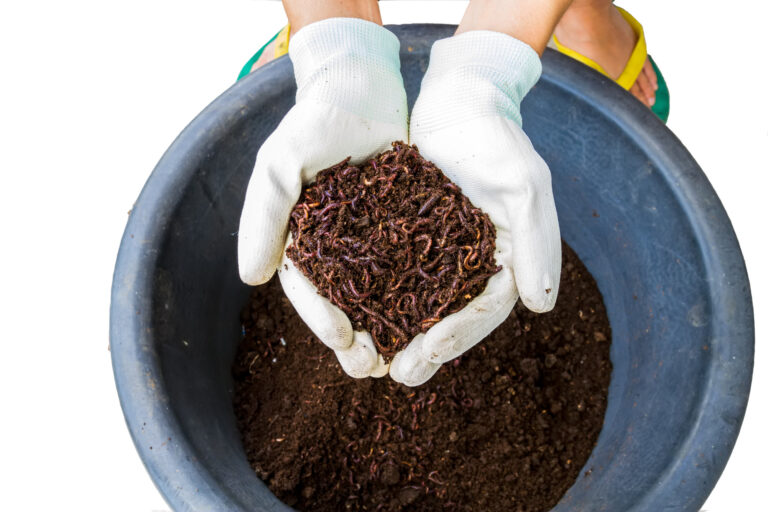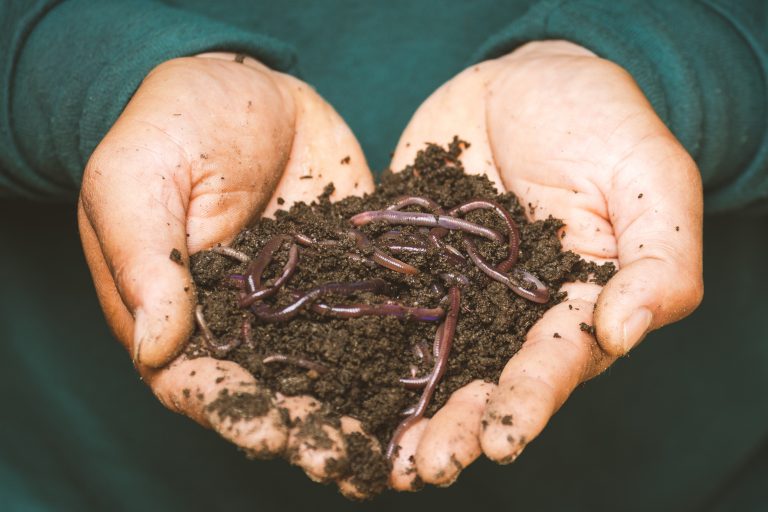I was chatting with a friend the other day and she asked me if I’d ever heard about worm farming. I said, “sure, like to compost in your apartment, right?” And she said, “sure, but did you know that you can actually make money with worm farms?” Huh. I did not know that. My Friend’s…
worms
How to Get Free Worms for Your Garden
Composting is an economical way to recycle household waste like kitchen scraps and yard refuse (dead leaves, grass clippings, etc.). It requires minimal effort, and in return, you get free fertilizer for your garden! Using your homemade compost in place of commercial fertilizers is not only cheap, but it’s also better for your garden. Compost…

